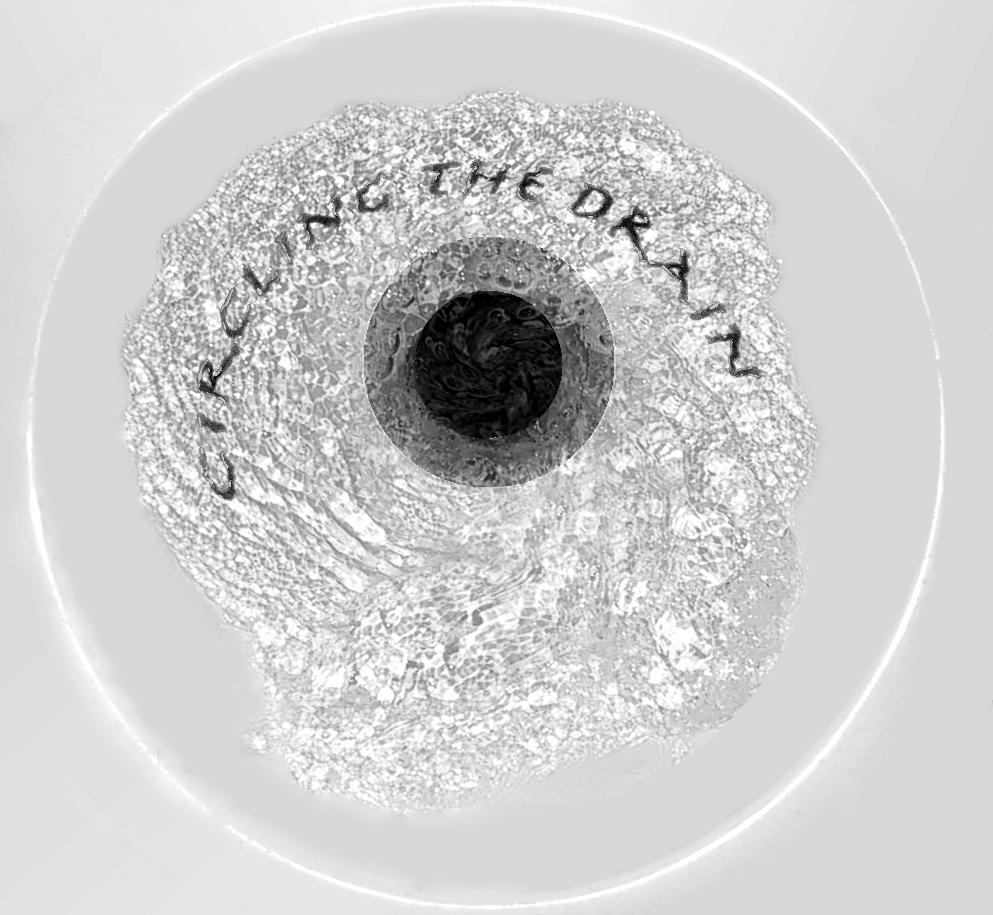Fear may save the euro, but not necessarily Europe
TIMOTHY GARTON ASH
Davos, Switzerland— From Thursday's Globe and Mail
Published Thursday, Jan. 26, 2012
Angela Merkel came to Davos on Wednesday and, in a speech as solidly built as a Mercedes, once again assured the world’s business leaders that the euro will be saved. But this time, there’s a difference: More of them seem to believe it. That immediately raises two further questions: Even if the euro zone is saved, where is the strategy for growth? And where would this saving of the euro leave the larger politics of Europe?
On the euro, I find a noticeable shift in mood. Six months ago, business and political leaders were not convinced that Europe in general, and Germany in particular, would do what it takes. A gradual accumulation of piecemeal, pragmatic steps – very much in Ms. Merkel’s style – has changed the balance of sentiment. There is the decision to accelerate the introduction of the European Stability Mechanism this summer, following hard on the heels of the existing European Financial Stability Facility. There is the very active role of the IMF, another indirect way for European governments to help out (and impose conditions on) other European governments.
There are the two Marios. I recently heard one leading banker describe Mario Draghi’s initiative to give generous three-year loans from the European Central Bank to European banks as the European form of quantitative easing. Mario Monti’s professorial program for Italy has also earned plaudits. This is not an American- or Chinese-style big bazooka; the European version of a big bazooka is an array of small- to medium-sized bazookas.
The mood may swing again, even in the next few days, if the apparent impasse over Greek debt is not resolved. But one increasingly hears Greece being discounted as a special case. In case of a Greek default, the euro zone would have to move very fast to show that it would not let Portugal go the same way. But that, if achieved, could also prove a positive turning point. A line would be drawn.
Let’s assume then, for the sake of argument, that over the next six months, the euro zone is saved. Two problems arise. The first: Where is the growth to come from? The German austerity recipe provides no clear answer to that question.
Unless Europe has a growth strategy, it is in danger of falling into a deflationary debt spiral, as George Soros warned Wednesday. If economies contract and tax revenues fall, the debt burden – the ratio of accumulated debt to GDP – would actually increase. Earlier this week, the IMF came out with a revised forecast, predicting a contraction of the euro zone economy by 0.5 per cent in 2012 – with, needless to say, some countries doing much worse than others, and Britain being pulled down with it.
That takes us to the politics. If markets are about perceptions and emotions, so are democracies. If the former are about those of the few, the latter are about those of the many. And the feelings in Europe are very bad.
Read the newspapers, watch television, check out the opinion polls, listen to debates in national parliaments, watch the demos in the streets: You will find precious little of what Ms. Merkel called Wednesday “the happiness of being able to shape things together.”
There are massive resentments between nations – Greeks against Germans and Germans against Greeks; northern against southern Europeans; Brits against almost everybody; almost everybody against Brits. There is a general crisis of confidence in the European project.
If we are witnessing the euro being saved, this is a triumph of fear, not of hope. Other great moments of the European project – the introduction of the single market, successive enlargements, the launch of the euro itself – were driven by hope. Here, it is fear that has led Germany and others to do the minimum necessary: fear that the costs of collapse would be higher than the unpalatable, resented alternative of bailing out the countries in trouble.
If the euro zone does not return to growth, or does so only in a few better-placed countries, these resentments will multiply. Even if it does, there will be legacies of bitterness. More and more people will ask, “What is this Europe really for?” (Remember that the European monetary union was conceived of not just as an economic step but also, perhaps even more so, as a political one.)
There are good answers to this question, and they urgently need to be spelled out. They have to do with our negotiating power in the 21st century world of emerging, non-Western giants such as China and India; global challenges like climate change; the Arab spring, the most hopeful development of this decade; and defending (with the help of essential, managed immigration from the Arab world) the domestic achievements of the last half-century, including a certain European mix of relative prosperity, quality of life, social justice and security.
It would be foolish to pretend that the euro has been the best and straightest path to those larger goals. If the euro did not exist, it would not yet be necessary to introduce it. But it does exist, with all the design faults that have now become evident. We have to start from where we are. To go back now would be worse than to go forward. Difficult though it will be, Europeans have to correct those design faults as they go along, working within the necessary constraints of national democracies, and adding a strategy for growth.
Above all, we have to recognize that saving the euro is no substitute for the larger political project, of which it was once meant to be both core and catalyst. The politics of fear may have saved the euro. We need a politics of hope to find a European answer to the Arab Spring.
Timothy Garton Ash is professor of European studies at Oxford University.


